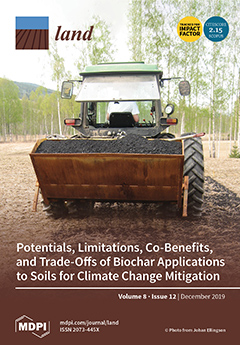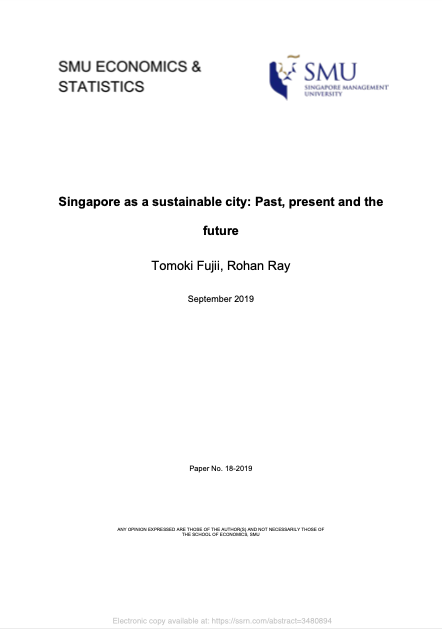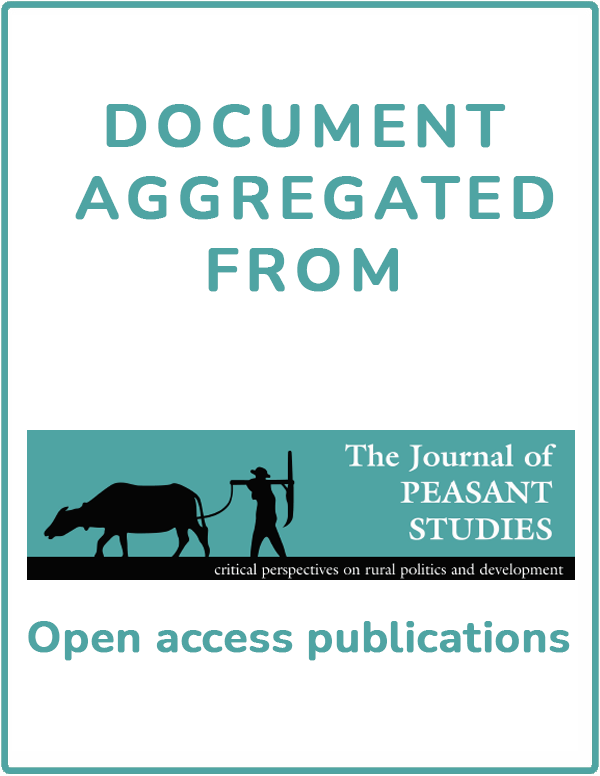Enhanced water security and energy access: Key investments for Sub Saharan Africa
Investments in energy are urgently needed in Sub-Saharan Africa. Such investments can unlock access to water resources, increase food security, accelerate rural employment, and increase income. To achieve clean energy access and associated water and food security
sustainably and equitably, we recommend that the Group of Twenty (G20): (1) develop an understanding of accessible water resources and optimal rural energy system sizing; (2) strengthen the enabling policy and financial environment for renewable energy systems; (3)







